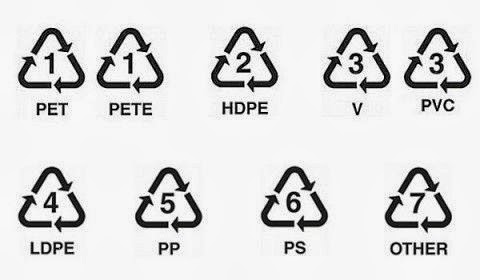Ir al contenido principal
Recommended articles: international economic analysis

- China vs. United States: A Tale of Two Economies. While comparable in total size, the makeup of each economy is totally different. United States is a sophisticated and highly diversified economy that is based on services, finance, and consumption from the middle class. China has similar aspirations in the future, but right now it is resource-intensive growth engine making the transition from a manufacturing hub to a consumer-driven economy (Visual Capitalist).
- Euro 20/20: Twenty papers to better understand the single currency. This year has seen the 20th anniversary of the euro, but so far we have not seen many articles that take stock of the accomplishments and disillusionments of the single currency, and of how to improve it. This column hopes to change this by picking and discussing 20 papers that economists and policymakers should read, or re-read, and reflect upon in this 20th anniversary year (VOXEU).
- A Global Picture of Public Wealth. The total public sector assets in these 38 countries are worth $103 trillion, or 216% of GDP (IMF Blog).
- Are international banks different? Evidence on bank performance and strategy. This paper provides evidence on how bank performance and strategies vary with the degree of bank internationalization, using data for 113 countries over 2000-15. Over this period, bank internationalization is associated with lower valuations and lower returns on equity. However, developing country banks that internationalized seem to have fared better than their high-income counterparts. Following the crisis, international banks were revalued particularly if they had stable funding in the form of deposits and if they had more generous deposit insurance coverage. Furthermore, for international banks headquartered in developing countries, our results indicate that bank internationalization reduces the cyclicality of their domestic credit growth with respect to home country gross domestic product growth, smoothing local downturns. In contrast, if the international bank is from a high-income country investing in a developing country, its lending is relatively procyclical, which can be destabilizing (BIS).
- Intelligence is a primary characteristic of people who cooperate. In an experiment, researchers use game theory to find what facilitates cooperation in societies (LSE Business Review).
- Recession and resilience: Opportunities for leaders in the next economic downturn. Economic ebbs and flows are called “cycles” for a reason. The challenge for healthcare leaders is not whether the next downturn will occur—it’s whether you’re ready for it (McKinsey).



Comentarios